We’ve just returned from a fantastic trip to Zimbabwe and I can’t wait to get it all written down. We started off in Harare, went to Mana Pools, travelled to Victoria Falls on the Kariba Ferry, went to Bulawayo, Great Zimbabwe and back to Harare.

To start, let’s address the big question that’s on many people’s minds: The 2013 elections. The day we arrived in Zimbabwe was the day that the election results were announced, and yes, we were apprehensive about what this would mean for us and everyone in the country. From what we could see in the media reports, there had been reports of intimidation but not full-out violence during the election period. We didn’t know if the situation would change after results had been released: Military leaders had publicly stated that if Zanu-PF didn’t win, a coup would be staged.
Election posters in Harare, 2013
By the time our plane landed, it had been announced that Robert Mugabe and his party Zanu-PF had won the elections. This article by Zimbabwean exiled journalist Wilf Mbanga and this report by The Economist are helpful to understanding the story of Zimbabwe’s 2013 elections – and the reports in those publications match the stories we heard from the Zimbabwean people that we encountered throughout the country.
The people that we spoke to were united in their mood: They were unsurprised and unconvinced by the election results, thankful for the comparatively minimal violence, and uneasy about the future under Zanu-PF. From 2008 to July this year, the country had been steered by a joint government comprised of the opposition party MDC and Zanu-PF, and many improvements had been seen. Now that Zanu-PF has full control, it’s difficult to know whether they will fulfill their promises of reducing unemployment and improving the economy, or whether mismanagement will push Zimbabwe back to a state of hyperinflation and stagnation that was seen between 2000 and 2007.
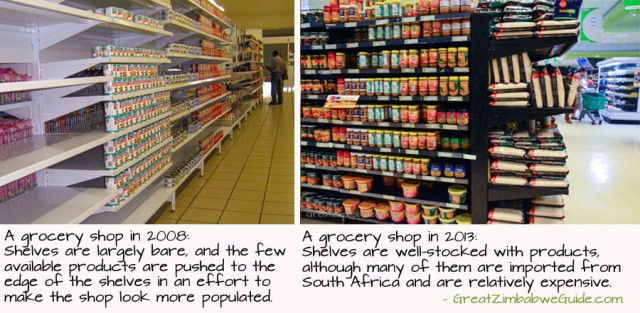
Zimbabwe’s political story is told loud and clear in the media; and it is an important issue. But politics are not the only story to tell. There’s the stories of the cities, the people, and the wild areas – and it’s these that I’ll be describing in the next few posts.
As the situation stands, I still believe that visitors to Zimbabwe benefit ordinary Zimbabwean people, and it’s for this reason that I continue to encourage people to travel there. Read the page Is it ethical to visit Zimbabwe? for more reasons why I support Zimbabwean holidaymakers. Our 2013 holiday only solidified these reasons in my mind – we had insightful conversations with people working in the travel industry about big issues like women’s rights, personal finance and good governance – and I have a hunch that these world views have been shaped in part by visitors from other walks of life that have opened the possibility of new ideas.
On a personal level, this recent trip improved me for the better in many ways. I did things that I never thought I would – like swimming in the middle of Lake Kariba (which is full of crocodiles, hippos and bull sharks). I saw great expanses of natural beauty that confronted my spirit and challenged my place in the universe. I spoke to people who live in one-roomed houses without running water or electricity, and yet have more insight and life-purpose than many people I’ve met in the UK. It’s things like these that make a holiday more than just an escape from daily life. They do something inside you that influences your daily life for years to come.
This is part of the Classic Zimbabwe holiday 2013 series. Read the next post where we climb Domboshawa, a huge granite rock in Harare: Harare and Domboshawa
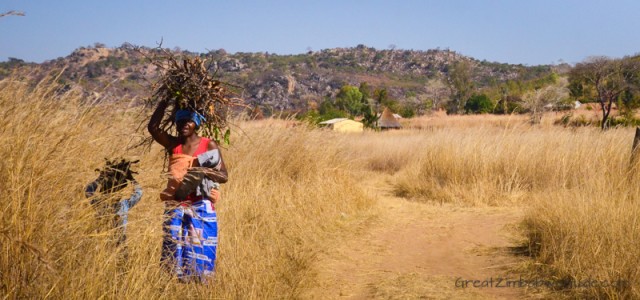
A Zimbabwean woman carries firewood home, to cook dinner for her family.


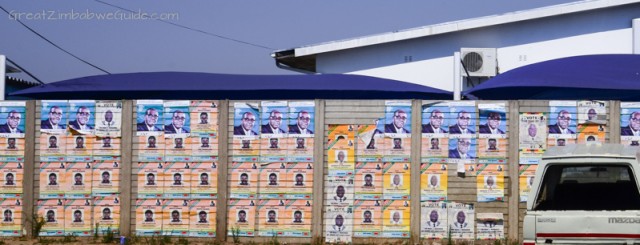
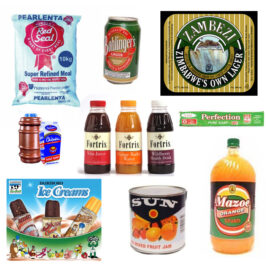
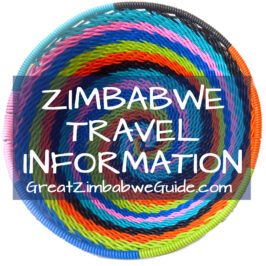
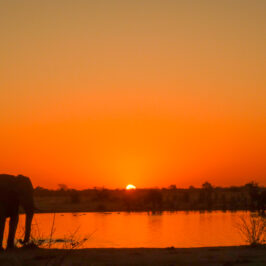
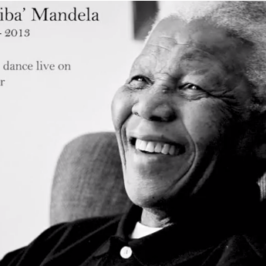
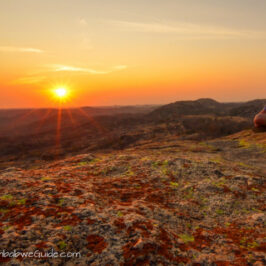

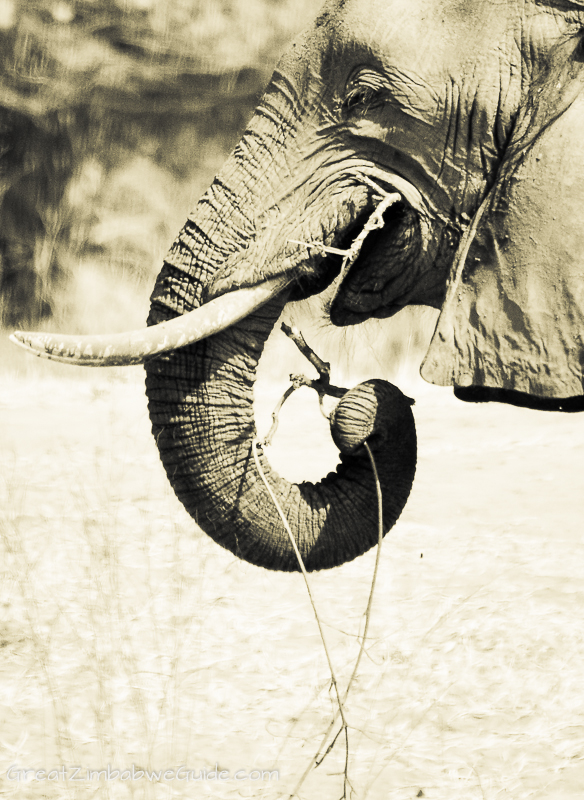
Leave a Reply